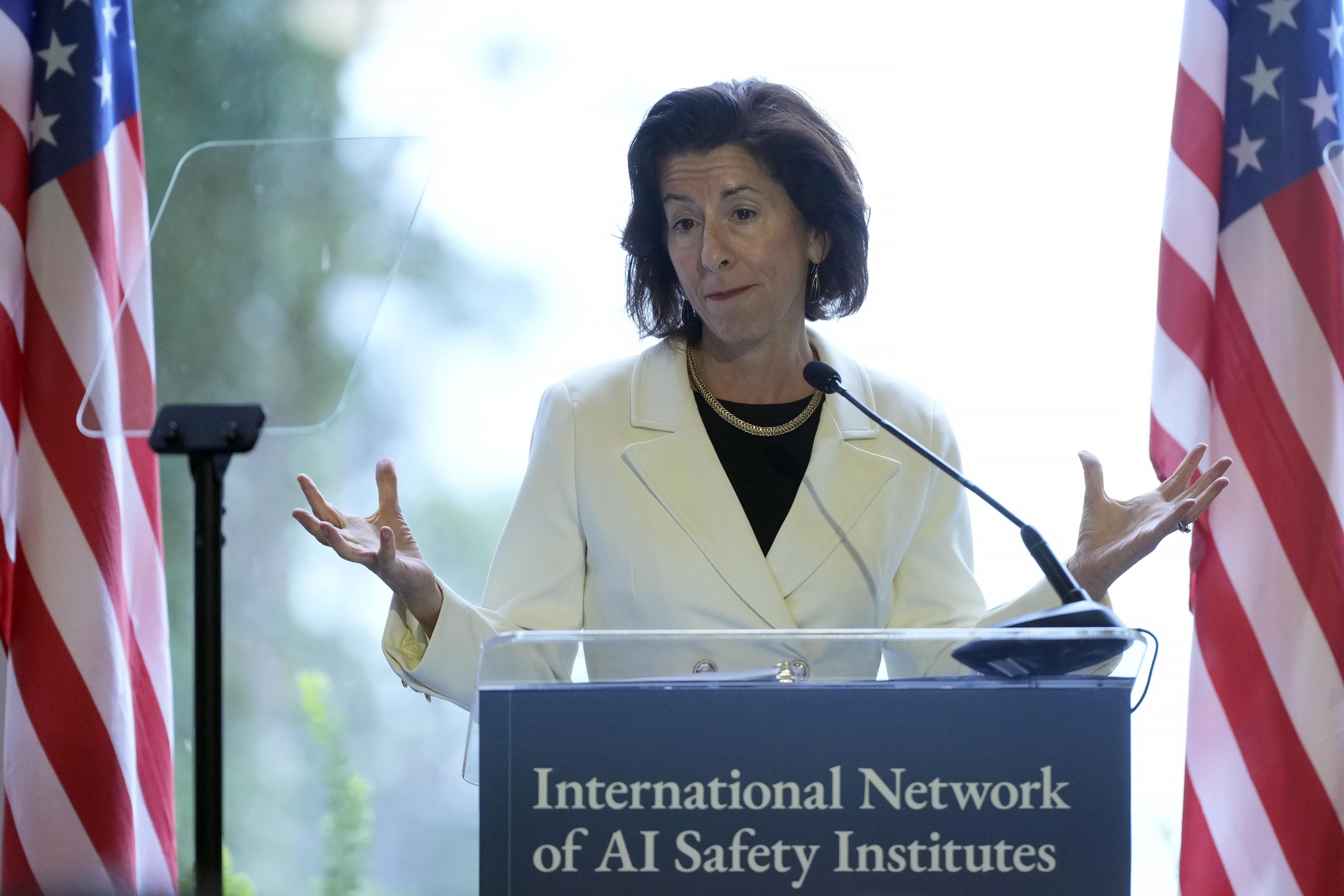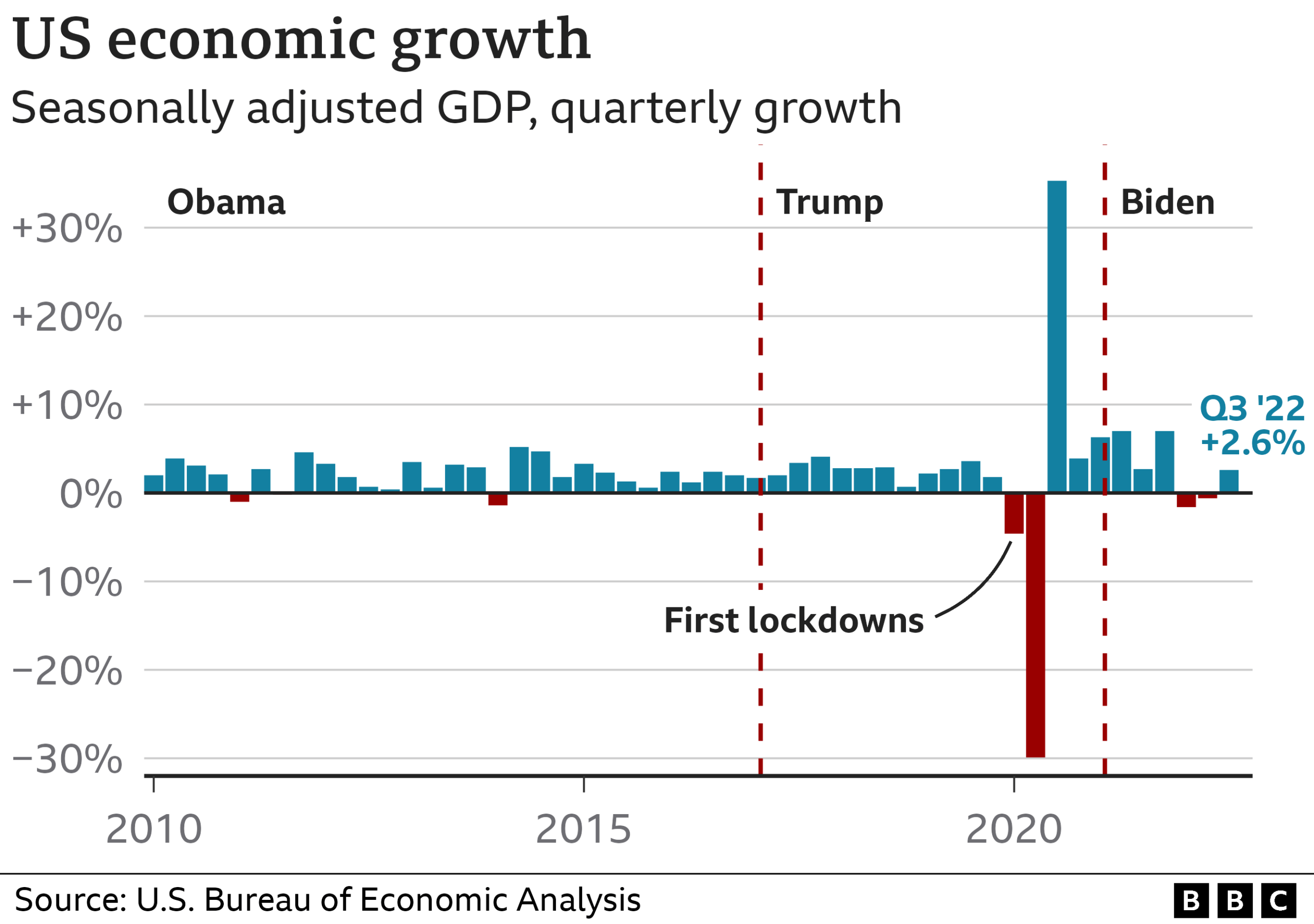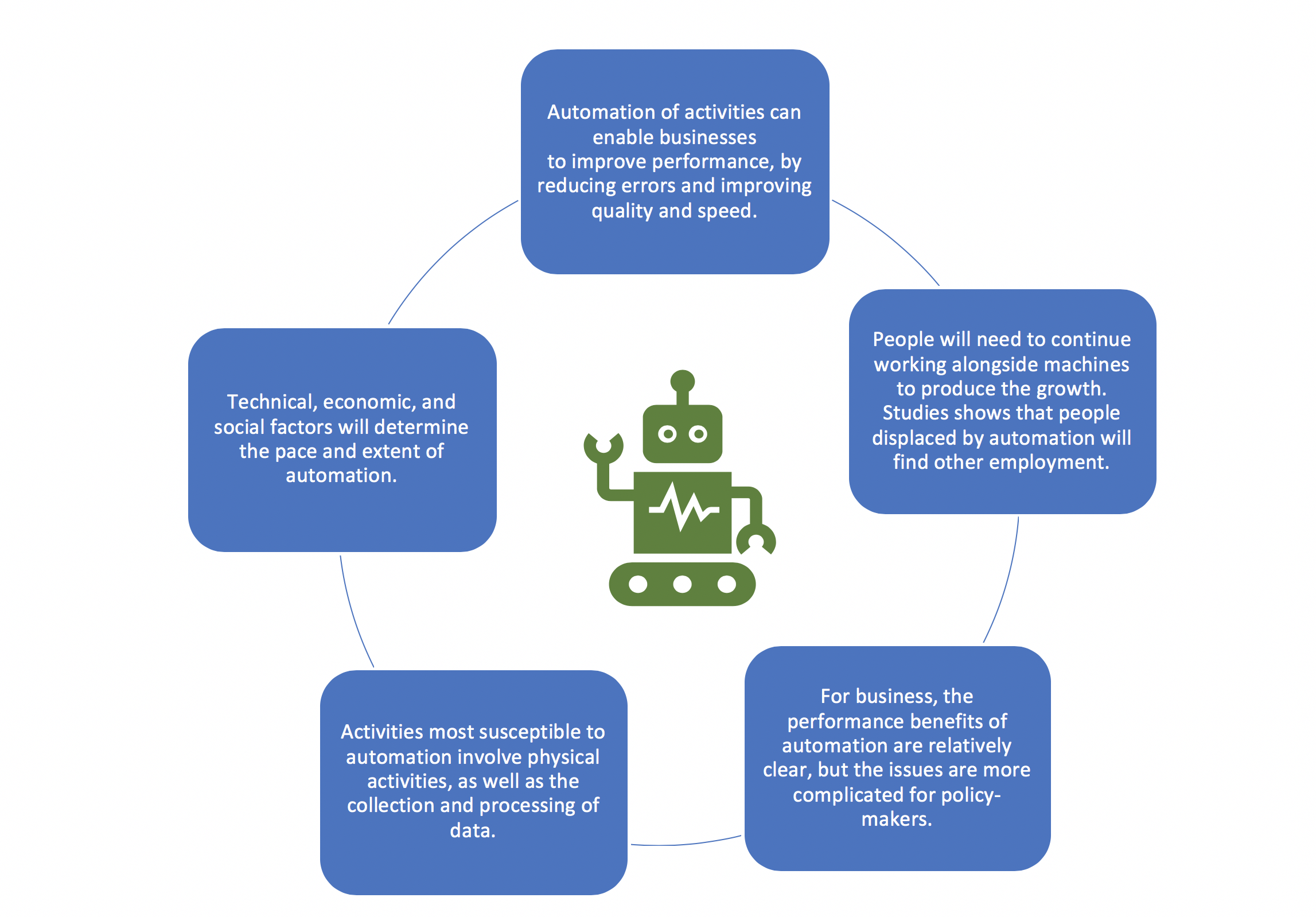
Gina Raimondo, the former U.S. Commerce Secretary, has emerged as a prominent figure in political leadership, renowned for her impactful policies that aim to transform the American economy. Known for her role in the Biden administration’s initiatives, she has tirelessly worked to foster economic change that benefits everyday Americans. During her tenure, Raimondo implemented measures such as cutting taxes, raising the minimum wage, and making community college tuition-free, building a foundation for a more equitable society. Her commitment to reforming outdated systems exemplifies her belief that progress often requires breaking away from traditional norms. Through her strategic vision and dedication, Gina Raimondo continues to inspire discussions around essential economic reforms that resonate within the fabric of American life.
Within the realm of American political discourse, influential leaders like Gina Raimondo are pivotal in navigating transformative initiatives that redefine economic landscapes. The strategies employed by this former Commerce Secretary encapsulate a broader shift towards inclusivity and community-focused governance. By prioritizing initiatives aimed at bolstering economic resilience, the Biden administration has set forth a series of reforms that reflect the changing needs of the populace. Political figures such as Raimondo are not only advocates for progress but also custodians of the American Dream, striving to ensure that opportunity is accessible to all. Through collaborative efforts and innovative policymaking, they endeavor to reshape the economic narrative, steering it towards a more sustainable and equitable future.
Gina Raimondo: A Catalyst for Economic Change
Gina Raimondo has established herself as a significant figure in U.S. economic policy, particularly during her tenure as Commerce Secretary under the Biden administration. Her innovative approach aims to drive economic growth by reforming outdated practices and cutting unnecessary regulations. By identifying the need for change, she has not only championed tax cuts and minimum wage increases but has also pushed for community college tuition to be free — a move that speaks volumes about her commitment to uplifting the workforce. These initiatives highlight her belief that positive economic change requires bold decision-making and a willingness to disrupt the status quo.
Raimondo’s approach demonstrates a profound understanding of the intricate dynamics that underpin economic stability and growth. During her leadership, she emphasized the importance of making data-driven decisions to navigate crises, such as the COVID-19 pandemic. By strategically addressing supply chain vulnerabilities and advocating for the CHIPs and Science Act, she reinforced her dedication to American competitiveness in the global market. Her policies not only focus on immediate recovery but also lay the groundwork for a robust economic future, showcasing her as a dynamic leader who is not afraid to break down barriers for the sake of progress.
Frequently Asked Questions
What are some key policies implemented by Gina Raimondo during her tenure as U.S. Commerce Secretary?
During her time as U.S. Commerce Secretary, Gina Raimondo played a critical role in implementing policies such as the CHIPs and Science Act, aimed at boosting domestic semiconductor production. She also focused on strengthening supply chains, particularly in response to challenges posed by the COVID-19 pandemic, and emphasized the importance of international partnerships under the Biden administration, particularly with countries in Southeast Asia.
How did Gina Raimondo influence economic change in Rhode Island as governor?
As the governor of Rhode Island, Gina Raimondo drove significant economic change by cutting taxes consistently, raising the state minimum wage, and making community college tuition free. Additionally, she successfully reduced state regulations by 30%, promoting a more favorable business environment.
What initiatives did Gina Raimondo support that align with Biden administration objectives?
Gina Raimondo supported several initiatives that align with the Biden administration’s focus on infrastructure and economic recovery, including the Infrastructure Investment and Jobs Act and the CHIPs and Science Act. These initiatives aim to foster domestic production, enhance manufacturing capabilities, and create jobs, demonstrating her commitment to bolstering the U.S. economy.
In what ways has Gina Raimondo’s political leadership shaped her approach to economic issues?
Gina Raimondo’s political leadership is shaped by her belief in fairness and opportunity for all Americans, influenced by her family’s immigrant background and dedication to public service. Throughout her career, she has advocated for policies that protect working individuals and facilitate economic growth, ensuring that changes do not harm those most affected.
What challenges did Gina Raimondo face as U.S. Commerce Secretary during the COVID-19 pandemic?
As U.S. Commerce Secretary, Gina Raimondo faced significant challenges related to supply chain disruptions caused by the COVID-19 pandemic. She worked on understanding the complexities of these supply chains and implemented strategies to bolster critical sectors, such as pharmaceuticals, while simultaneously promoting international collaborations to ensure resource availability.
How did Gina Raimondo address criticism regarding the Biden administration’s economic policies?
Gina Raimondo addressed criticism of the Biden administration’s economic policies by highlighting the necessity of substantial stimulus measures during the pandemic to avert long-term unemployment and economic decline. She underscored the balanced approach taken in linking economic initiatives with social policies to create a more robust labor market.
What does Gina Raimondo envision for the future of U.S. competitiveness?
Gina Raimondo envisions a future of U.S. competitiveness that involves continued investment in domestic industries, particularly in technology and manufacturing, through collaborative policies that leverage international relations. She believes that fostering partnerships and adhering to fair trade practices are crucial for maintaining and enhancing America’s competitive edge.
How has Gina Raimondo contributed to labor market reforms in her political career?
Gina Raimondo has contributed to labor market reforms by implementing policies that not only support job creation but also address the needs of the workforce. Her focus on childcare and workforce participation highlights her commitment to ensuring that businesses can attract workers, particularly women, thus promoting a more inclusive economic landscape.
| Key Aspects | Gina Raimondo’s Contributions | Approach to Change | Challenges Faced | Impact on Economy |
|---|---|---|---|---|
| Former U.S. Commerce Secretary and Rhode Island Governor | Cut taxes annually and raised minimum wage | Belief that change is necessary for improvement; sometimes involves ‘breaking things’ | Navigating supply chain disruptions during COVID-19 | CHIPs and Science Act incentivizing domestic semiconductor production |
| Advocate for working-class Americans | Made community college tuition free, reduced regulations by 30% | Execution matters, and change shouldn’t hurt people | Challenges in achieving consensus in divided government | Legislation designed to attract investment and create jobs |
| Influenced by her immigrant background and family’s values | Focused on fairness and opportunity for ordinary Americans | ‘Free trade’ should follow the same rules globally | Critiques on inflation pertaining to stimulus spending | Interlinked social programs with economic recovery initiatives |
Summary
Gina Raimondo has consistently emphasized that progress can necessitate significant changes, even if it means disrupting the status quo. Throughout her career, she has demonstrated a commitment to improving the lives of ordinary Americans, advocating for policies that foster economic growth while ensuring fairness. Her leadership during challenging times, like the pandemic, reflects her dedication to strategic decision-making. As she navigates the complexities of governance, her experiences underscore the importance of innovation and collaboration in achieving sustainable improvement for the economy.





